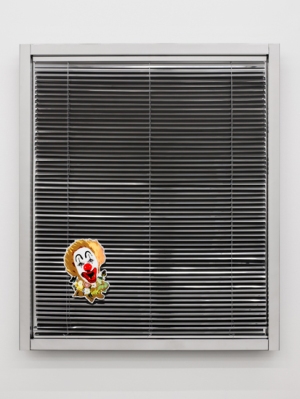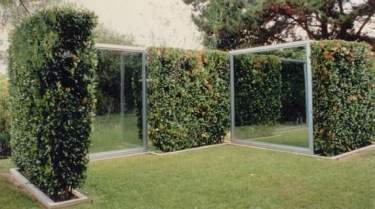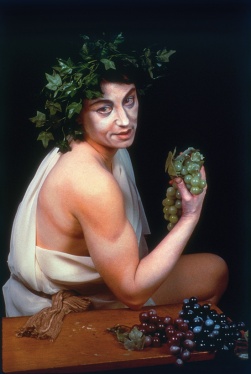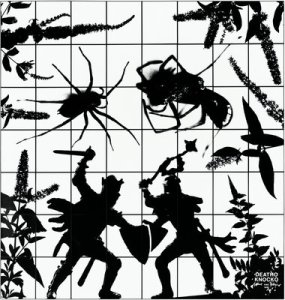There are at least two qualities latent when regarding the problems of a way of viewing an object or a perspective on a situation: 1) observation presupposes an awareness of one’s internal positioning, which in turn allows one to temporarily “step outside” it in order to make a judgment about it, and 2) there already is a theory being employed with the aim of reinterpreting the data in a superior way. In other words, all observation is “theory-laden”; the act of observation contains theoretical presuppositions by which data interpretation is made possible.
- Asking a question is to already have come to a decision.
- Questions are not just point of departure, they are the very instance in which distinctions are made .
- Locating or articulating a question is also the activation of the potential of a path or form of life.
- In order to produce an answer, the ultimate trajectory of a question must not be directionless, yet lead to a still-unknown position.
- Questions are not creative beyond their context or banality—they are the means by which something is sought or desired.
- Asking questions is not a novel, uniquely responsible, or special activity: the difference between a question and an answer is the recognition of the difference between the expected and the unexpected.
- Questions are themselves the inter-subjective perception of bending or guiding the notion of a concept.
- Observations and questions do not have a hierarchical relationship, but together form a feed-back loop: conflict in observation permits a question, but questions automatically assume the perpetuation of an observation of a lack.
- To be able to ask a question, one must first perceive a discord between language, knowledge, and behavior.
- Questioning is the ability to make a distinction between sound and noise, thus, questions are relative to their context.
- Questions are askable only within a discipline/category, but their method of investigation is necessarily trans-disciplinary.
- A question that is bound to a category is not a question—it is an answer.
- Thus, answers are only arrived at only when the question itself has been socially processed and been made usable as the continued evolution of social categories.
- Questions are ultimately the catalyst for radical positions to become the conservative ones.
Any methodology has limits according to the ideologies of the way of life that employs it. Methodology is what creates the appearance of progress: “Facts are constituted by older ideologies, a clash between facts and theories may be proof of progress.” Things gain meaning when they are distinguished from the things around them. The more differences that can be identified, the more complexity a situation gains. In an activity, it is the differences that are recognized between events that perpetuate and control the future outcomes of the circumstances. For instance, as a system, language draws unique distinctions that, by their very nature, it is impossible for other systems to render them as meaningful differences. Language is closed as a system, but open contextually.
Hence, without the continuation of the misuse of language, there can be no questions, discovery, or any progress.




